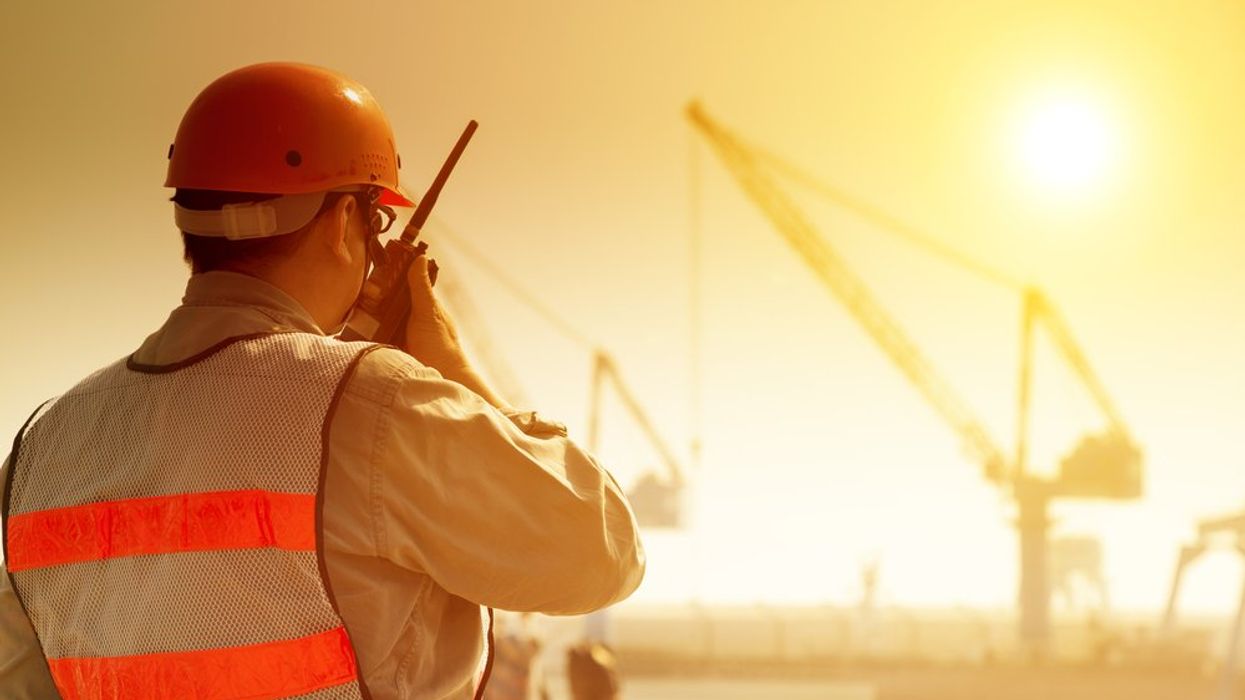Amidst June's record-breaking heatwaves, Texas Gov. Greg Abbott passed a new state law that could leave construction workers in Texas without a protected right to frequent water breaks and rest times. Now, city governments are striking back.
House Bill 2127, which has been described as the "Death Star" bill, strips local city governments of any authority over regulations pertaining to several fields of law, including labor ordinances like mandatory water breaks for workers.
The City of Houston filed a lawsuit against the State of Texas, declaring the bill "unconstitutional, void, and unenforceable." The bill overshadows the unique needs of each city, by creating a "one-size-fits-all statewide regulation scheme," the Houston Mayor's Office wrote in a press release.
Houston Mayor Sylvester Turner said the law was unnecessary, and "dismantling the ability to govern at the level closest to the people and therefore punishing all Texas residents."
Several people in Texas have died of heat-related causes since the bill was signed, including at least 13 deaths reported by The Associate Press. These deaths were attributed to last month's heat wave, which saw temperatures above 100 degrees. Among those deaths, was a 46-year-old construction worker, according to the Houston Chronicle.
According to the CDC, the United States has an annual average of 67,512 emergency department visits due to heat-related illness. But city programs, such as Houston's program that provides healthcare to 30,000 uninsured residents, would also be overridden by the bill.
"Texas is the deadliest state when it comes to construction, where one worker dies every three days in our state," Ana Gonzalez, Texas AFL-CIO's deputy director of politics and policy, told NBC News. "This law is not only inhumane, but it’s also very dangerous."
The Texas Tribune reported that at least 279 heat-related deaths occurred in 2022. The U.S. Bureau of Labor Statistics reports at least 42 heat-related worker deaths in Texas between 2011 and 2021, but unions believe that the numbers are much higher. And U.S. Census Bureau suggests that Latinos are especially affected, accounting for 6 out of 10 construction workers.
"Construction is a deadly industry. Whatever the minimum protection is, it can save a life. We are talking about a human right," Gonzalez told The Tribune.


















































